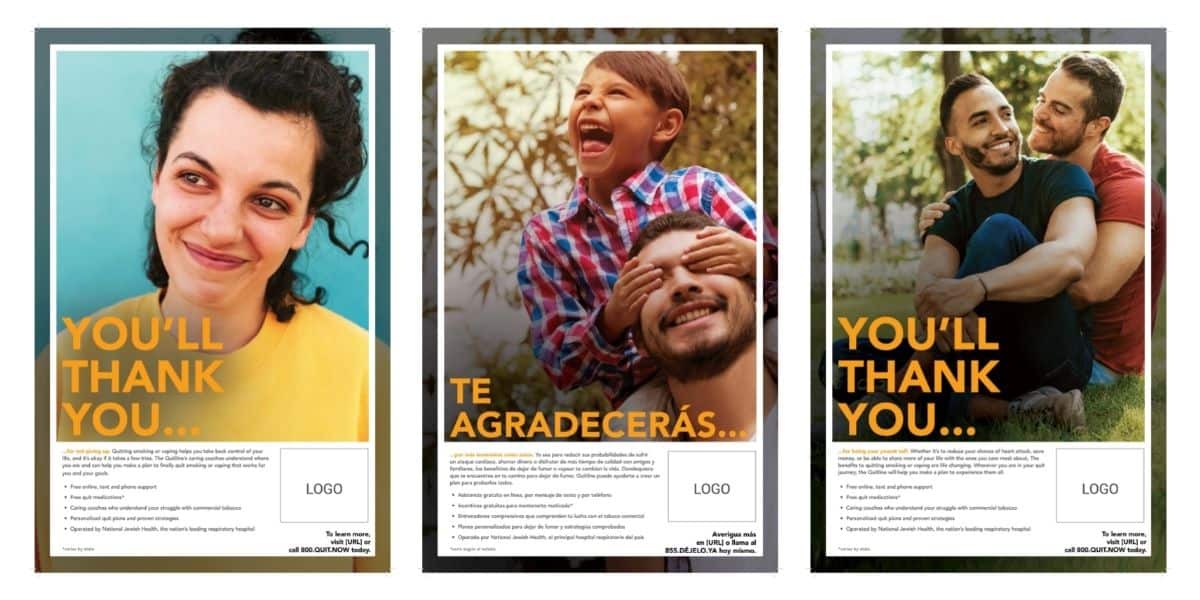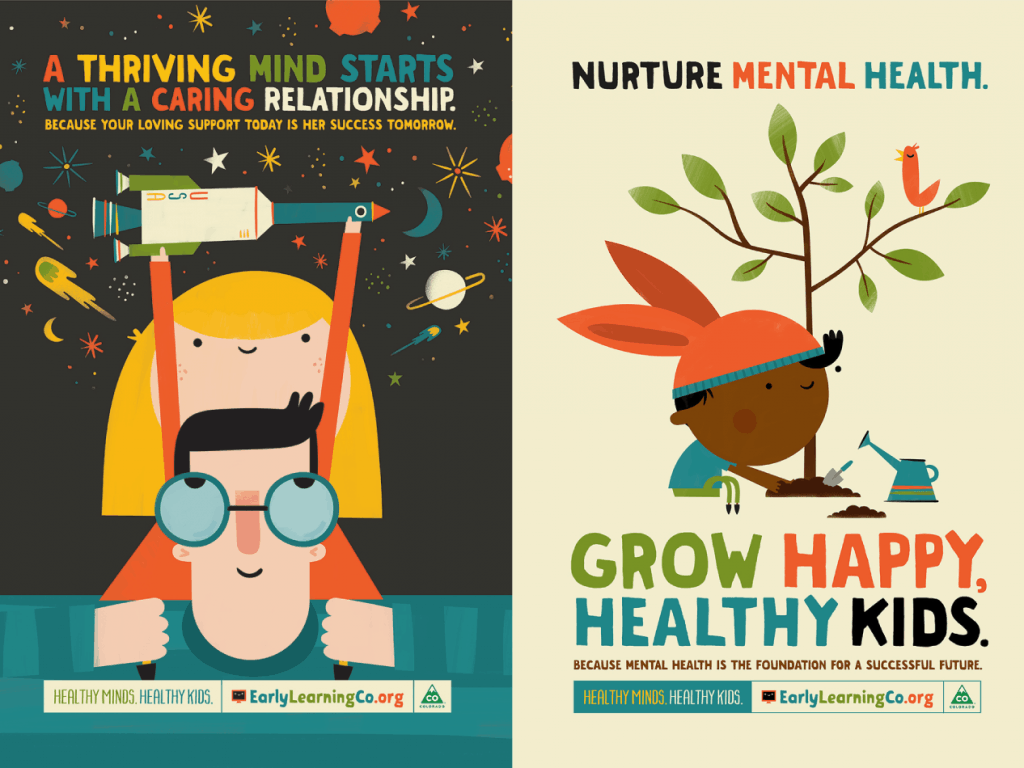
At a recent South by Southwest panel on emerging communications technologies, I was struck with this thought: Are websites and apps about to become an antiquated medium for communicating with the audience – like print newspapers are to the news industry?
I think so.
While print news still provides value (and not just for lining the bottom of bird cages) there are many better mediums for delivering that information than on dead trees – such as Google Alerts and Feedly.
Like print news, websites and apps will continue to exist, but only as an outdated vehicle for Luddites – while bots, artificial intelligence (AI) and rich communication services (RCS) usher in a new generation of communications.
Are you ready?
Bots, AI and rich communication services
The distinction between bots, AI and RCS is … complicated, so to avoid a 10,000-word blog I’m going to hit the highlights.
Let’s start with bots.
Bots are essentially a computer program that simulates a conversation with a user via auditory or textual methods. Such programs are often designed to convincingly simulate how a human would converse with you. You have probably interacted with hundreds of bots in your lifetime. That “customer service representative” you think you’re chatting with online – it’s probably a bot (or the conversation at least starts with a bot before being taken over by a real person).
Your experience with AI – at least until recently – came through reading about it in science-fiction stories. Those days are done. AI is already part of your life. AI powers Siri when she helps you find an answer to a question or when Amazon predicts other products you may be interested in. Now organizations are using it to proactively anticipate and solve all types of consumer needs.
While AI and bots chip away at the need for website and apps, the death knell will be RCS.
RCS is one term that you probably haven’t heard of. The Verge sums it up best: “While services such as Apple’s iMessage and Facebook Messenger allow you to add photos, GIFs and videos to your messages, they are not universal solutions — for example, you can’t send a WhatsApp message if your correspondent uses Facebook Messenger. The answer is Rich Communication Services or RCS.” It’s essentially a universal standard for rich-media text messaging, and it makes it possible to create immersive experiences via text messaging at scale.
It can be hard to envision how RCS works, so here is a simple demonstration that uses hotel booking as an example. See how RCS circumvents the need for a website, phone center, mobile app or even a front desk representative:
Pretty amazing.
Growth in the space
The growth in bots, AI and RSC will be nothing short of stunning over the next three years:
- There will be 470 million new messaging users between 2018 and 2021.
- 70 million households in the U.S. will have AI-powered voice tools (e.g., Amazon Alexa) by 2021 – more than the total number of cable subscribers.
- 85 percent of consumer interaction will be automated – via bots – by 2021.
- There will be as many bots in use as there are people on Earth by 2021.
This is made possible by bot and AI technology becoming more accessible to the non-engineers of the world. (In fact, even non-engineers like the SE2 staff are using bots and AI. We recently built a bot for a client campaign that answers questions about a public health issue, and we have also built an AI-powered Alexa app prototype that could help tobacco users quit.)
Welcome to the “Era of Intent”
These technologies and media formats have spurred a new era in communications. Some call it the Era of Intent. In this new era, consumers will have an expectation that:
- We’re anticipating their needs before they even know they have them and proactively offer solutions, and
- We’re using the most convenient mediums for delivering that content.
AI helps us anticipate those needs, while bots and RCS will be the mediums we will use to communicate with our audience. As these take hold and provide people with a more intuitive, convenient and proactive experience, the value of a website or app greatly diminishes.
Why would I hunt for content on a website if I could instead state my intent by asking Siri or Google to find me what I am looking for, have it push that content or product to me in the form of an RCS message, and I could buy it by pushing a button in a text message?
Imagine the implications for your organization
It’s easy to envision the implications for organizations that sell products, but there are many more applications than that.
Take that hotel booking example.
Now imagine a healthcare setting such as booking an appointment with a doctor. How much happier would your patient be with that experience than the current process? How might that simple and positive experience impact brand perceptions for your hospital or healthcare system?
Or, imagine that you’re a nonprofit working on some sort of health behavior change issue. If you work in this space, you know that one of the major barriers that prevent people from making change is the experience of having to find the information. How might RCS help facilitate getting information to that person or even anticipating that need for them by using their data? RCS could not only push this information to them but even support that behavior change through a series of messages containing interactive content and follow-ups.
The applications are literally only limited by your imagination.
While we won’t stop using websites and apps in the immediate future, anyone in the communications field must invest time in learning about these new technologies and piloting and experimenting with them now – before they are mainstream and you’re playing catch-up.

About the Author:
Brandon Zelasko (he/him), a Principal at SE2, is a dynamic force passionate about innovation, education, and community engagement. Beyond his professional role, Brandon embraces diverse interests, from painting to exploring the outdoors with his husband and rescue dog, Burger. Dubbed “Brandopedia” for his insatiable curiosity and wealth of knowledge, Brandon champions education equity, advocating for alternative pathways beyond traditional college routes. At SE2, Brandon’s commitment to innovation and growth drives him to make a meaningful impact on people’s lives through creative problem-solving and community involvement.





